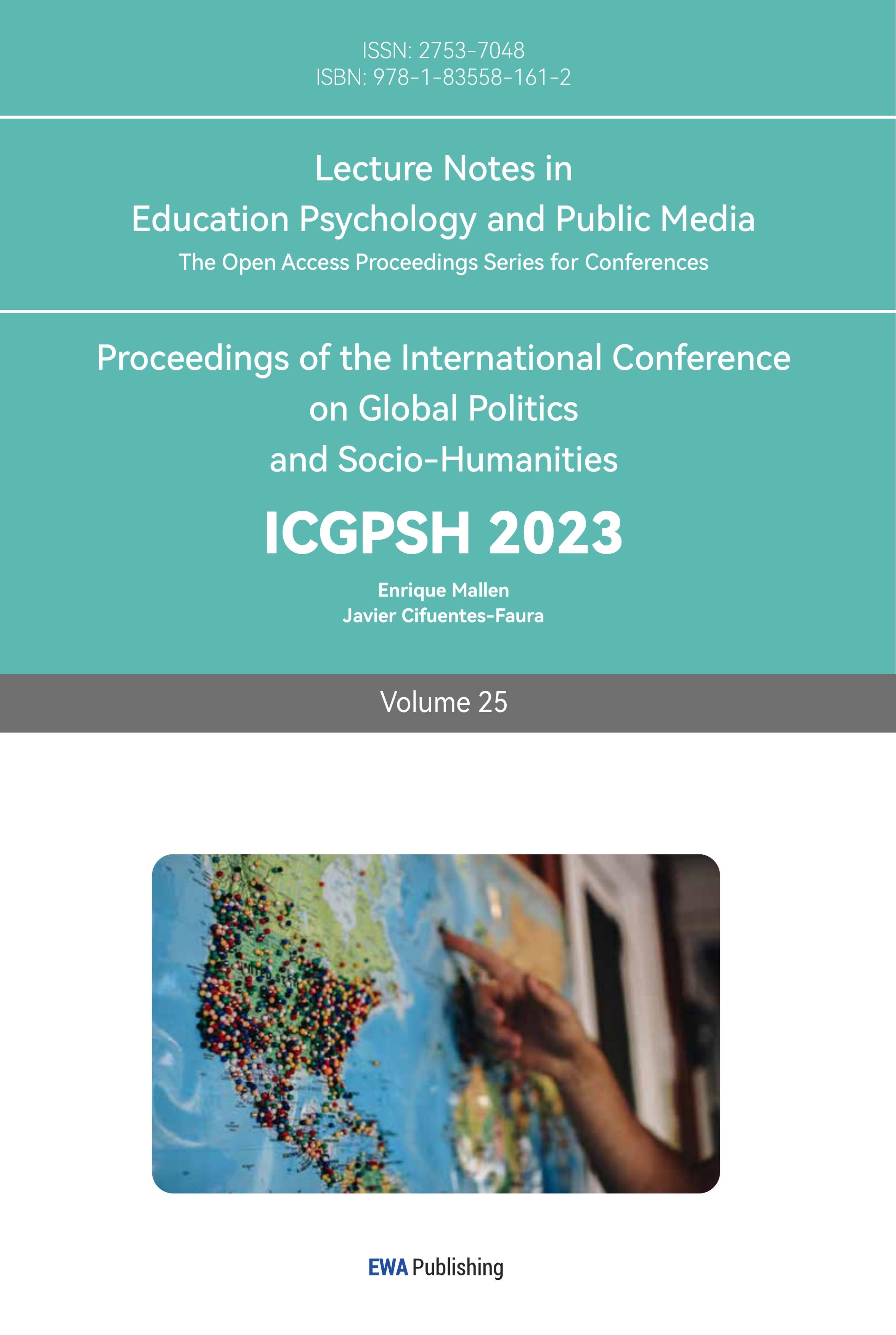References
[1]. Nkomo, J.C., Nyong, A.O. and Kulindwa, K. (2006). The Impacts of Climate Change in Africa. http://mediadon.co.za/wp-content/uploads/2019/09/2009-Chapter_5_The_Impacts_of_Climate_Change_in_Africa-5.pdf
[2]. Coughlan de Perez, E., van Aalst, M.K., Choularton, R.J., van den Hurk, B., Mason, S.J., Nissan, H. and Schwager, S. (2019). From Rain to Famine: Assessing the Utility of Rainfall Observations and Seasonal Forecasts to Anticipate Food Insecurity in East Africa. Food Security, 11(1), 57-68. doi:10.1007/s12571-018-00885-9.
[3]. Gemeda*, D.O. and Akalu, D.S. (2015). The Impacts of Climate Change on African Continent and the Way Forward. Journal of Ecology and The Natural Environment, 7(10), 256-62. doi:10.5897/JENE2015.0533.
[4]. Sasson, A. (2012). Food Security for Africa: An Urgent Global Challenge. Agriculture & Food Security, 1(1), 2. doi:10.1186/2048-7010-1-2.
[5]. Kassahun, A., Snyman, H.A. and Smit. G.N. (2008). Impact of Rangeland Degradation on the Pastoral Production Systems, Livelihoods and Perceptions of the Somali Pastoralists in Eastern Ethiopia. Journal of Arid Environments, 72(7), 1265-81. doi:10.1016/j.jaridenv.2008.01.002.
[6]. Bogale, G.A. and Zelalem, B.E. (2022). Drought Vulnerability and Impacts of Climate Change on Livestock Production and Productivity in Different Agro-Ecological Zones of Ethiopia. Journal of Applied Animal Research, 50(1), 471-89. doi:10.1080/09712119.2022.2103563.
[7]. Kimaro, E.G., Mor, S.M. and Toribio, J. (2018). Climate change perception and impacts on cattle production in pastoral communities of northern Tanzania. Pastoralism, 8(1), 19. doi:10.1186/s13570-018-0125-5.
[8]. Gabre-Madhin, E.Z. and Haggblade, S. (2004). Successes in African Agriculture: Results of an Expert Survey. World Development 32(5), 745-66. doi:10.1016/j.worlddev.2003.11.004.
[9]. Lottering, S.J., Paramu, M. and Romano, L. (2021). The Impacts of Drought and the Adaptive Strategies of Small-Scale Farmers in UMsinga, KwaZulu-Natal, South Africa. Journal of Asian and African Studies, 56(2), 267-89. doi:10.1177/0021909620916898.
[10]. Chan, C.Y., Tran, N., Pethiyagoda, S., Crissman, C.C., Sulser, T.B. and Phillips, M.J. (2019). Prospects and challenges of fish for food security in Africa. Global Food Security, 20, 17-25. doi:10.1016/j.gfs.2018.12.002.
[11]. Apollo, A. and Mbah, M.F. (2021). Challenges and Opportunities for Climate Change Education (CCE) in East Africa: A Critical Review. Climate, 9(6), 93. doi:10.3390/cli9060093.
Cite this article
Cheng,Z. (2023). The Impact of Climate Change on African Food Security and Economy. Lecture Notes in Education Psychology and Public Media,25,277-281.
Data availability
The datasets used and/or analyzed during the current study will be available from the authors upon reasonable request.
Disclaimer/Publisher's Note
The statements, opinions and data contained in all publications are solely those of the individual author(s) and contributor(s) and not of EWA Publishing and/or the editor(s). EWA Publishing and/or the editor(s) disclaim responsibility for any injury to people or property resulting from any ideas, methods, instructions or products referred to in the content.
About volume
Volume title: Proceedings of the International Conference on Global Politics and Socio-Humanities
© 2024 by the author(s). Licensee EWA Publishing, Oxford, UK. This article is an open access article distributed under the terms and
conditions of the Creative Commons Attribution (CC BY) license. Authors who
publish this series agree to the following terms:
1. Authors retain copyright and grant the series right of first publication with the work simultaneously licensed under a Creative Commons
Attribution License that allows others to share the work with an acknowledgment of the work's authorship and initial publication in this
series.
2. Authors are able to enter into separate, additional contractual arrangements for the non-exclusive distribution of the series's published
version of the work (e.g., post it to an institutional repository or publish it in a book), with an acknowledgment of its initial
publication in this series.
3. Authors are permitted and encouraged to post their work online (e.g., in institutional repositories or on their website) prior to and
during the submission process, as it can lead to productive exchanges, as well as earlier and greater citation of published work (See
Open access policy for details).
References
[1]. Nkomo, J.C., Nyong, A.O. and Kulindwa, K. (2006). The Impacts of Climate Change in Africa. http://mediadon.co.za/wp-content/uploads/2019/09/2009-Chapter_5_The_Impacts_of_Climate_Change_in_Africa-5.pdf
[2]. Coughlan de Perez, E., van Aalst, M.K., Choularton, R.J., van den Hurk, B., Mason, S.J., Nissan, H. and Schwager, S. (2019). From Rain to Famine: Assessing the Utility of Rainfall Observations and Seasonal Forecasts to Anticipate Food Insecurity in East Africa. Food Security, 11(1), 57-68. doi:10.1007/s12571-018-00885-9.
[3]. Gemeda*, D.O. and Akalu, D.S. (2015). The Impacts of Climate Change on African Continent and the Way Forward. Journal of Ecology and The Natural Environment, 7(10), 256-62. doi:10.5897/JENE2015.0533.
[4]. Sasson, A. (2012). Food Security for Africa: An Urgent Global Challenge. Agriculture & Food Security, 1(1), 2. doi:10.1186/2048-7010-1-2.
[5]. Kassahun, A., Snyman, H.A. and Smit. G.N. (2008). Impact of Rangeland Degradation on the Pastoral Production Systems, Livelihoods and Perceptions of the Somali Pastoralists in Eastern Ethiopia. Journal of Arid Environments, 72(7), 1265-81. doi:10.1016/j.jaridenv.2008.01.002.
[6]. Bogale, G.A. and Zelalem, B.E. (2022). Drought Vulnerability and Impacts of Climate Change on Livestock Production and Productivity in Different Agro-Ecological Zones of Ethiopia. Journal of Applied Animal Research, 50(1), 471-89. doi:10.1080/09712119.2022.2103563.
[7]. Kimaro, E.G., Mor, S.M. and Toribio, J. (2018). Climate change perception and impacts on cattle production in pastoral communities of northern Tanzania. Pastoralism, 8(1), 19. doi:10.1186/s13570-018-0125-5.
[8]. Gabre-Madhin, E.Z. and Haggblade, S. (2004). Successes in African Agriculture: Results of an Expert Survey. World Development 32(5), 745-66. doi:10.1016/j.worlddev.2003.11.004.
[9]. Lottering, S.J., Paramu, M. and Romano, L. (2021). The Impacts of Drought and the Adaptive Strategies of Small-Scale Farmers in UMsinga, KwaZulu-Natal, South Africa. Journal of Asian and African Studies, 56(2), 267-89. doi:10.1177/0021909620916898.
[10]. Chan, C.Y., Tran, N., Pethiyagoda, S., Crissman, C.C., Sulser, T.B. and Phillips, M.J. (2019). Prospects and challenges of fish for food security in Africa. Global Food Security, 20, 17-25. doi:10.1016/j.gfs.2018.12.002.
[11]. Apollo, A. and Mbah, M.F. (2021). Challenges and Opportunities for Climate Change Education (CCE) in East Africa: A Critical Review. Climate, 9(6), 93. doi:10.3390/cli9060093.









